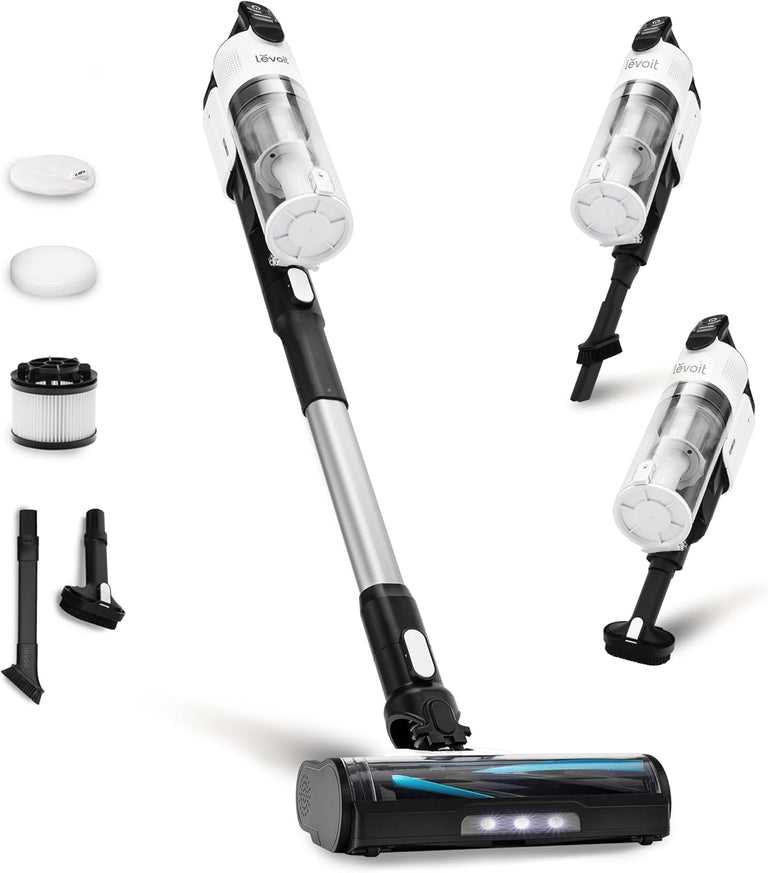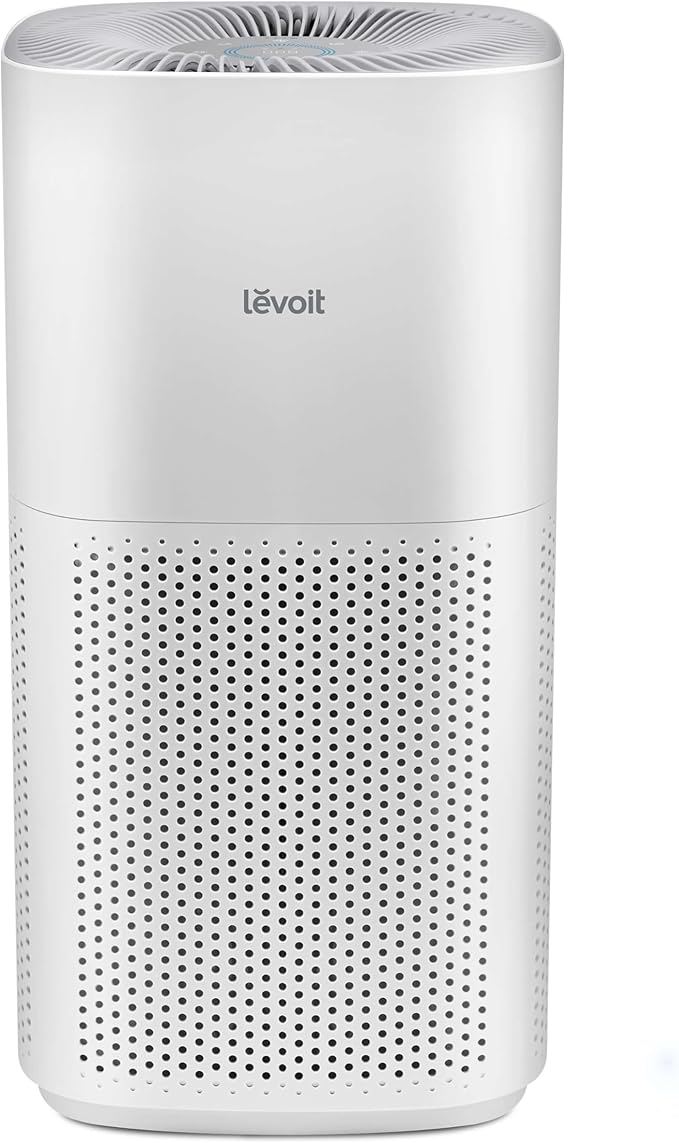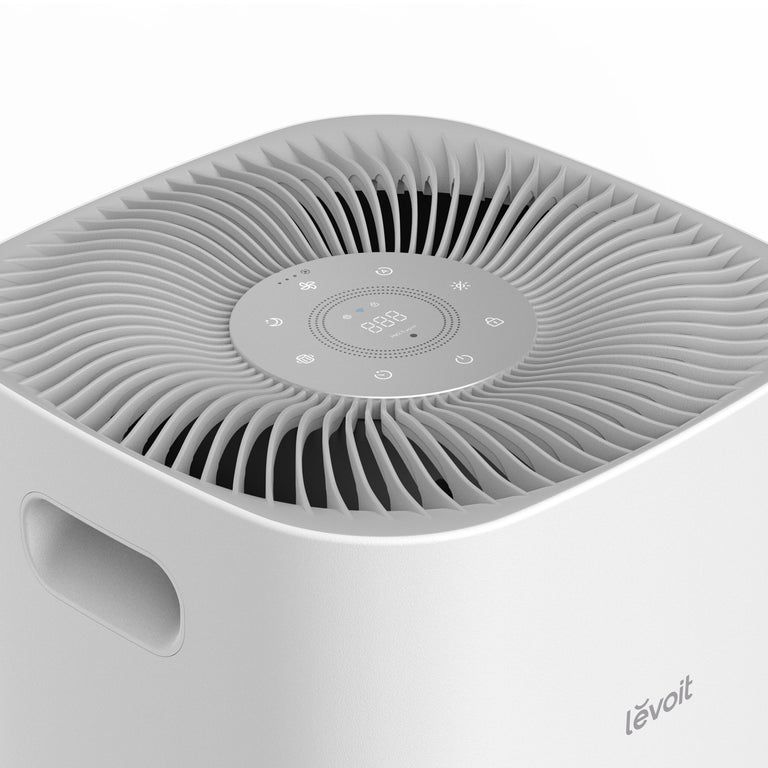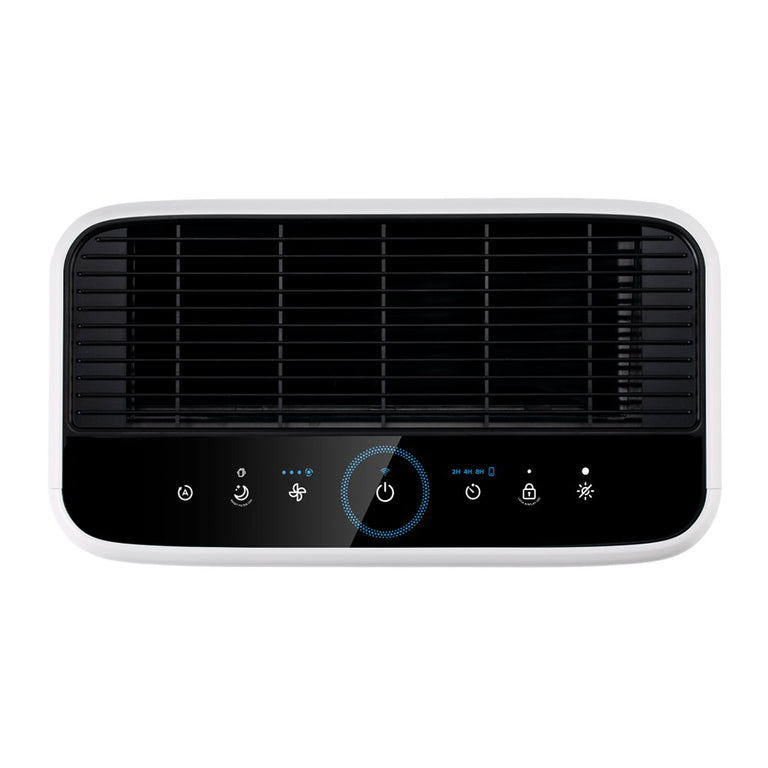
Which Air Purifier is Right for You?
-
1 min read
Why Do You Need an Air Purifier?
The air inside our homes is often filled with dust, pet hair, and tiny bits of pollen dragged in by shoes and furry friends. This is where air purifiers come in. Air purifiers draw in dirty air and can help trap those tiny troublemakers that make us sneeze and cough, then blow out clean air for us to breathe.
How Air Purifiers Clean the Air
Imagine air purifiers as vacuum cleaners, but instead of sucking up dirt from the floor, they suck up microscopic particles from the air. Air purifiers pull in the air from your room and pass it through several filters, which trap these tiny airborne particles. The air purifier then blows out cleaner, fresher air.
Not all air purifiers are created equal. The best air purifiers come equipped with specific features designed to filter out different types of airborne particles.
Filtration System: A Multilayered Defense
Typically, an effective air purifier doesn't rely on one type of filtration alone. It incorporates a multilayered filtration system to capture and neutralize a broad spectrum of airborne particles. This includes a pre-filter for large particles like hair and dust, a tightly woven filter for smaller particles, and an activated carbon filter for odors, smoke, and VOCs (volatile organic compounds). This comprehensive approach helps ensure a cleaner indoor air environment for you and your household.
Clean Air Delivery Rate (CADR)
CADR measures how many times per hour an air purifier can completely clean the air in a specific-sized room. A higher CADR rating indicates a more effective device capable of quickly and thoroughly filtering the air. When choosing an air purifier, matching the CADR to your room size ensures the device can operate optimally, keeping the air fresh and comfortable.
Finding Your Perfect Match
Consider the following when choosing an air purifier:
- How big is your space? You need a purifier that can effectively clean the air in an entire room, so pay attention to square footage and CADR.
- What are you hoping to achieve with your air purifier? Pet smells, smoke elimination, toxin absorption, or just overall improved air quality? Consider the Vital 200S or Core 300S, both of which offer replacement filters specifically designed for pet dander, smoke, or toxins.
- If you’re sensitive to noise, look for an air purifier with QuietKEAP™ technology, which keeps noise levels as low as 24dB.
- Educate yourself on maintenance requirements, including the cost and frequency of filter replacements, to ensure they align with your lifestyle and budget. Get more tips on air purifier maintenance here.
Important Note
The information provided here is for informational and educational purposes only and should not be used in medical emergencies or for diagnosing or treating any medical condition. It's crucial to consult a licensed medical professional for diagnosis and treatment. External links are for informational purposes and do not constitute endorsements. No warranty of any kind, either expressed or implied, is made as to the accuracy, reliability, timeliness, or correctness of the information provided herein.
Sources
Featured Products
-
NewRegular price $499.99Unit price perRegular price
$499.99$499.99- New
- Smart
- Large rooms
-
Regular price $149.99Unit price perRegular price
$149.99$149.99- Smart
- Medium rooms
-
Regular price $119.99Unit price perRegular price
$139.99$119.99- Smart
- Medium rooms
-
Sold Out
- Smart
- Large rooms








